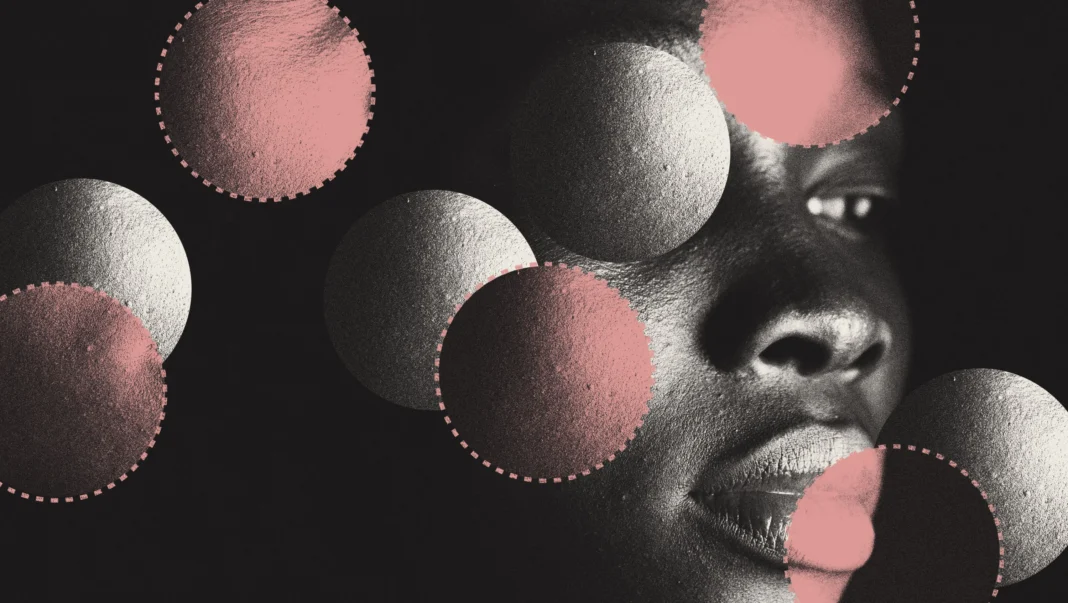By: Syeda Saman Fatima
In the subcontinent where the sun sets on colonial legacies, disquieting white supremacy persists—a tenacious grip veiled under the guise of fair skin privilege. In the intricate tapestry of Pakistan’s society, interlaced with the threads of colourism, discrimination raises questions about the persistence of biased beauty standards in the 21st century.
Does the echo of colonialism still reverberate through our cultural consciousness, shaping perceptions of beauty and desirability? Has the insidious concept of white supremacy seeped into the roots of societal norms, leaving an indelible mark on a nation striving for identity?
From childhood, we are thrust into a world where fairness creams and skin-lightening treatments become cultural signifiers, not just products. Families invest not only money but also collective energy in the pursuit of a lighter skin tone. But what lies beneath this quest for paleness? Is it a mere reflection of personal preferences, or an intricate dance with the ghosts of a colonial past lingering in the subconscious?
In a society where the colour of one’s skin becomes a defining characteristic, how do we confront labels like “unpolished,” “illiterate,” and “inferior” that haunt those with darker hues? Sentences like “Tum tou itni kaali hogayi hou” become commonplace, perpetuating a cycle of discrimination corroding the essence of shared humanity.
The bias for light-skinned brides in the marriage market is a stark manifestation of deep-seated prejudice. What does it truly mean when families reject potential unions based on skin tone? Are we, in essence, dismantling the potential for love, companionship, and shared futures by reducing individuals to the shade of their skin?
In the narratives of women facing colourism, we encounter tales of trauma, insults, and cancelled weddings—all woven into the fabric of a biased societal narrative. How do we break free from this cycle that reduces a woman’s identity to a mere hue and liberate ourselves from the shackles of a beauty standard that alienates, discriminates, and demeans?
The desire for a light-skinned bride, often synonymous with the pursuit of a white ideal, becomes a harbinger of societal discord.
Why does colourism persist in our culture even as awareness and activism burgeon in the age of media enlightenment? Are we, as a society, not complicit in perpetuating a narrative that divides rather than unites, that segregates rather than embraces diversity?
In the tapestry of societal issues, colourism is but one thread, intricately woven into a larger canvas that includes forced marriages, the commodification of women, and other systemic injustices. How do we address the root causes of these issues, and can dismantling colourism be the catalyst for broader societal change?
Anila, 33, vehemently declares, “I would rather die than marry someone who judges me by my skin colour.” Her words encapsulate the profound impact of colourism, echoing through generations. Rooted in historical biases of colonialism, the echoes of white supremacy continue to shape perceptions of beauty and desirability.
Miss Nina Davuluri, the first Indian-American to win the Miss American pageant in 2014, actively fights against colourism. Her victory was marred by a headline questioning if she was too dark to be Miss India, highlighting persistent biases ingrained in societal perceptions of beauty. Miss Raheela’s personal struggle reflects societal pressure to conform to beauty standards, with constant unsolicited advice on looking lighter-skinned.
Societal attitudes towards dark-toned skin contribute to significant demand for whitening and bleaching products globally. Global spending on skin lightening is projected to triple to $31.2 billion by 2024, according to a report released in June 2017 by the research firm Global Industry Analysts. In Nigeria, 77% of women use fairness products, and in Togo, the figure is 58%. However, the dark side of these products includes the use of carcinogenic agents like hydroquinone and mercury, leading to severe health consequences. The discussion on race, prompted by George Floyd’s killing, has initiated shifts in international consumer brands, with labels like ‘light,’ ‘fair,’ and ‘white’ being removed from skin-lightening products.
This growing market, however, comes with concerning revelations. Mercury, previously found in some lightening creams and soaps, poses serious health risks, according to the World Health Organisation. Mercury suppresses melanin production but can damage the kidneys and brain if absorbed by the skin and accumulates in the body.
In 2013, Fatima Lodhi initiated Pakistan’s first anti-colourism movement, Dark is Divine, shedding light on the pervasive prejudice she faced as a child. She recalls, “I never got a chance to become a fairy in my school plays because fairies are supposed to be fair-skinned!” Presently, Lodhi leads sessions at schools, fostering awareness about skin colour discrimination.
The year 2016 witnessed the birth of Unfair & Lovely, an Instagram campaign initiated by three students at the University of Texas, Austin. A play on the name of India’s most popular fairness cream, the #unfairandlovely hashtag encouraged darker-skinned individuals to share their photos, challenging conventional beauty norms.
In 2023, much to our dismay, colourism still persists as a plague that has woven its presence throughout the fabric of societies since their advent. At the crossroads of tradition and progress, can we muster the collective will to break free from the chains of colourism that bind us? Are we ready to redefine beauty in our own terms, untethered from the ghosts of a colonial past? Can dismantling colourism pave the way for a society that celebrates the kaleidoscope of human diversity rather than perpetuating a hierarchy based on skin tone?
The journey toward a more inclusive future begins with uncomfortable, piercing, and soul-stirring questions that demand introspection and action—a collective commitment to challenge and overcome the shadows of colourism, recognizing the inherent worth of every individual beyond the pigment of their skin. This revolutionary quest is crucial, not only for ourselves but for generations yet unborn, breaking free from the shadows of colourism to bask in the brilliance of a truly united and diverse society.
The writer is a student of Mass Communication at Karachi University. She can be reached at [email protected]








